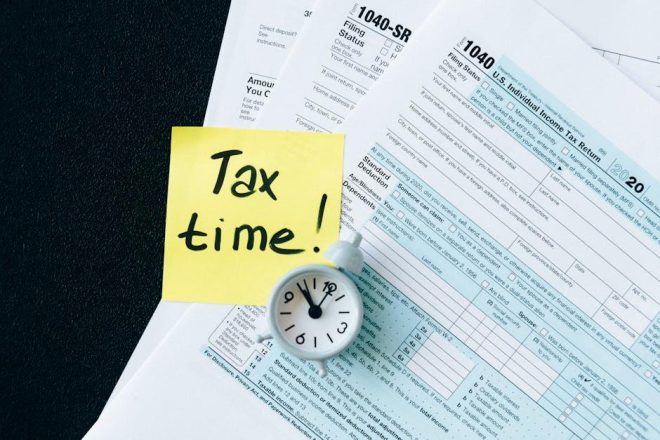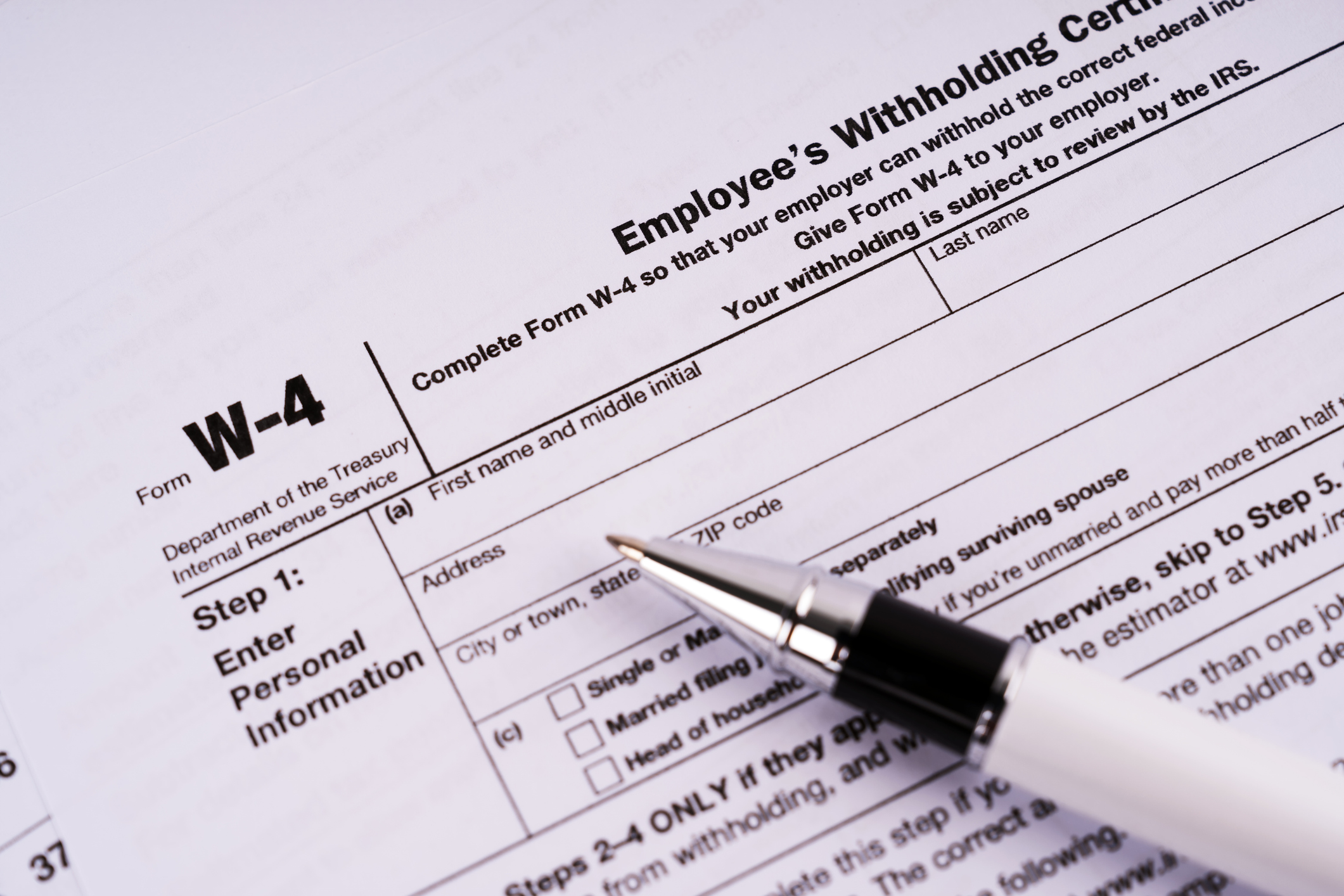
Selling your New Jersey property from afar? Don’t get tangled in the web of tax obligations like a clumsy traveler in a maze! Let us be your trusty guide through the confusing landscape of non-resident real estate sales tax. We promise to make it as painless as possible – with a sprinkle of humor to lighten the load. So grab your compass and let’s navigate these tax obligations together!
Understanding Non-Resident Status in New Jersey
So, you’ve found yourself in the Garden State, huh? But are you truly a New Jersey resident? Let’s dive into the complex world of non-resident status in this quirky state.
First off, if you’re spending less than six months in the state, congratulations! You might just be considered a non-resident. However, it’s not as simple as just counting the days. Oh no, New Jersey has some interesting criteria for determining residency status. Here are a few things to consider:
- Do you have a permanent place of abode in the state? If you’re crashing on your cousin’s couch for an extended period, you might just be on your way to becoming a resident.
- Where is your driver’s license from? If it’s a Garden State license, well, you might have some explaining to do.
- Are you registered to vote in New Jersey? Because nothing says “I’m a resident” like participating in local politics.
So, if you find yourself caught in the web of New Jersey’s non-resident status rules, don’t worry. Just remember that the real residency status lies within your heart…or maybe your tax forms. Good luck out there, non-resident!
Determining Tax Implications for Real Estate Sales
Alright, so you’ve decided to sell your real estate property and now you’re trying to figure out what the deal is with taxes, am I right?
Well, fear not, my friend! I’m here to break it down for you in the simplest way possible. Here are a few things to consider when determining the tax implications of your real estate sale:
- First up, let’s talk about capital gains. This is the profit you make from selling your property. Here’s the kicker – if you’ve owned the property for more than a year, you’ll be hit with long-term capital gains tax, which can be a doozy. But hey, at least you’re making a profit, right?
- Next on the list is depreciation recapture. If you’ve claimed depreciation on your property while you’ve owned it, you might have to pay taxes on that amount when you sell. It’s like the IRS saying, “Hey, remember all that money we let you save? Yeah, we want it back now.”
- Don’t forget about any deductions or credits you might be eligible for! Just like finding loose change in your couch cushions, these can help reduce the amount of taxes you owe on your real estate sale. So dig deep and see what you can find!
So there you have it – a quick rundown of the tax implications for real estate sales. Remember, when in doubt, it’s always a good idea to consult with a tax professional to make sure you’re covering all your bases. Happy selling!
Key Considerations for Withholding Taxes
When it comes to withholding taxes, there are a few key considerations that you should keep in mind to avoid any unexpected surprises from the IRS.
First and foremost, make sure you understand the difference between federal and state withholding taxes. It’s like knowing the difference between a cupcake and a muffin – they may look similar, but one is definitely sweeter (and more complicated) than the other.
Secondly, don’t forget to take into account any deductions or exemptions that you may be eligible for. It’s like finding money in your couch cushions – except in this case, it’s money you get to keep from the taxman’s greedy hands.
Lastly, always double-check your math when calculating withholding taxes. It’s like baking a cake – one wrong measurement and you could end up with a disaster on your hands (or in this case, a visit from a not-so-friendly tax collector).
Navigating Reporting Requirements to Stay Compliant
So you thought running a business was all about making money and being your own boss, huh? Well, think again! With great power comes great responsibility – especially when it comes to reporting requirements. But fear not, brave entrepreneur! I’m here to guide you through the treacherous waters of compliance like a trusty ship captain.
First things first, let’s talk about tax reporting. I know, I know, taxes are about as fun as a root canal. But hey, at least you won’t be stuck in a dental chair for hours! When it comes to tax reporting, you need to keep meticulous records, fill out complex forms, and pray to the accounting gods that you don’t get audited. So grab your calculator, sharpen your pencil, and dive right in.
Next up, we have regulatory reporting. This is where things can get real spicy, folks. Depending on your industry, you may need to report to government agencies, professional organizations, or even secret societies (just kidding…or am I?). Make sure you’re staying up-to-date on all the latest rules and regulations, or you might find yourself in hot water faster than you can say “compliance nightmare.”
And finally, we have financial reporting. Ah yes, the sweet sound of money – or lack thereof. Your financial reports tell the story of your business’s success, failure, or somewhere in between. Keep those balance sheets balanced, those income statements…income-y, and those cash flow statements…umm, flowing? Remember, it’s not just about making money, it’s about making sure Uncle Sam knows about every penny.
Utilizing Exemptions and Deductions for Non-Resident Sellers
Non-residents selling goods online often overlook the amazing benefits of utilizing exemptions and deductions. Don’t miss out on these opportunities to save some dough!
When it comes to exemptions, non-residents can take advantage of certain state-specific rules that waive the need to collect sales tax. This can be a huge relief for those of us who struggle with math (seriously, who invented numbers?). Remember to check each state’s regulations to see if you qualify for any exemptions.
On the flip side, deductions can also be a game-changer for non-resident sellers. From transportation costs to advertising expenses, there are plenty of deductions that can help you keep more of your hard-earned cash. Just make sure to keep detailed records and consult with a tax professional to ensure you’re maximizing your deductions.
So, fellow non-resident sellers, don’t let tax season scare you away. Embrace exemptions and deductions like a boss and watch your profits soar! And remember, when in doubt, always consult with a tax expert to make sure you’re compliant and maximizing your savings.
Consulting with Tax Professionals for Guidance on NJ Regulations
Are you feeling lost in a sea of tax regulations in New Jersey? Don’t worry, you’re not alone! Consult with tax professionals to navigate the murky waters of NJ tax laws with ease!
By seeking guidance from experts in the field, you can ensure that you are complying with all the necessary regulations and avoiding any potential pitfalls. These professionals have the knowledge and experience to help you make sense of the complex tax landscape in New Jersey.
With their help, you can stay on top of the ever-changing tax laws and avoid any unpleasant surprises come tax season. So why stress over NJ regulations when you can enlist the help of tax professionals to guide you through it all?
Don’t let tax season get the best of you – consult with experts who can provide you with the guidance you need to navigate the ins and outs of NJ tax regulations like a pro!
FAQs
Is selling real estate in New Jersey as a non-resident more complicated than for residents?
Absolutely! Non-resident sellers have to navigate a maze of tax obligations that residents don’t even have to think about. So buckle up and get ready for a wild ride!
What are the tax implications for non-resident real estate sellers in New Jersey?
Oh, boy, where do we start? Non-residents are hit with a Gross Revenue Tax, a Compliance Fee, and even a Withholding Tax on the sale of their property. It’s like Uncle Sam is reaching into your pocket with both hands!
How can non-resident real estate sellers avoid getting hit with hefty taxes?
One word: planning! Non-resident sellers can potentially reduce their tax burden by structuring the sale in a certain way or by finding tax exemptions that may apply to their specific situation. It’s like playing a game of chess with the IRS – only the stakes are a lot higher!
Are there any professionals who can help non-resident sellers navigate these tax obligations?
You betcha! Tax attorneys, accountants, and real estate agents with experience working with non-resident sellers are worth their weight in gold. They can help you understand your obligations, plan for the sale, and hopefully save you some serious cash in the process. So don’t go it alone - call in the pros!
What happens if a non-resident seller ignores their tax obligations in New Jersey?
Oh, you do not want to go down that road! Ignoring your tax obligations as a non-resident seller can lead to penalties, fines, and even legal action. Uncle Sam does not mess around when it comes to getting his cut, so make sure you stay on top of your taxes to avoid a world of hurt.
Happy Selling and Taxing in the Garden State!
And there you have it, fellow non-resident real estate sellers! Navigating tax obligations in New Jersey may seem like a daunting task, but with the right information and guidance, you can conquer it like a pro. Remember, don’t let those tax forms scare you away from selling your property in the Garden State. Embrace the process, stay organized, and you’ll be well on your way to a successful sale. Happy selling and taxing in the Garden State!










